How Energy-Efficient HVAC Savings Can Lower Your Monthly Bills

Installing a new HVAC to save on energy bills
If your heating and cooling bill shocks you every month, you’re not alone. According to the U.S. Department of Energy (DOE), heating and cooling make up about half of a typical home’s energy use. Fortunately, energy-efficient HVAC savings can significantly reduce these costs—especially if you upgrade from an older, less efficient unit that drives your bills higher. By choosing a modern, high-efficiency system, you can unlock energy-efficient HVAC savings and enjoy lower utility bills all year long.
Here’s the good news: modern, energy-efficient HVAC systems are changing the game. Whether you run a busy office or want to keep your home cozy all year, upgrading your HVAC system is not just about comfort. It’s also a smart way to save money.
At Amped Home Services, we help homeowners and businesses switch to HVAC systems that are both powerful and budget-friendly over time.
Still unsure about upgrading? This blog is for you!
We’ll explain why switching from an old HVAC unit to a new one could be one of your best financial moves this year.
Zoned Heating and Cooling Reduces Energy Usage
Do you heat or cool rooms you don’t use? Zoned HVAC systems fix this by letting you control temperatures room by room. So, you stop wasting energy on empty spaces.
Why it matters: Targeted comfort means you only pay for what you need, increasing your energy-efficient HVAC savings.
Contact Amped Home Services to learn how zoning can boost your comfort and reduce waste.
Smarter HVAC Design = Less Waste
New HVAC systems focus on energy efficiency. They use variable-speed motors and smarter airflow balancing. Unlike old units that run at full speed, today’s models adjust to your needs in real time. Therefore, they don’t waste energy keeping your home comfortable.
Why it matters: Less waste means lower energy bills and longer system life—both improving your HVAC savings.
Ask Amped Home Services about smarter HVAC designs that fit your space and goals.
Smart Thermostats Make a Big Difference
Upgrading usually means adding a smart thermostat. These learn your habits, adjust automatically, and let you control temps from your phone. According to the American Council for an Energy-Efficient Economy (ACEEE), smart thermostats save 5–10% energy.
Why it matters: Fine-tuned control means steady comfort and efficient energy use—maximizing your energy-efficient HVAC savings.
Call Amped Home Services to find out about smart thermostat options.
Commercial HVAC Upgrades Offer Even Bigger Returns
For business owners, savings are even greater. Large buildings with old systems waste lots of energy. New commercial HVAC units—from advanced chillers to cooling towers—are more efficient and easier to maintain.
Why it matters: You get lower overhead, better comfort for staff and clients, and fewer costly repairs—all adding to your energy-efficient HVAC savings.
Schedule a consultation with Amped Home Services to learn about commercial solutions that cut costs and boost comfort.
Quieter Systems, Better Insulation, More Savings
Modern HVAC units run quieter and include better insulation. This helps keep heat or cold inside where it belongs.
Why it matters: You enjoy a quieter space, and your system works less to maintain temperature, increasing HVAC savings.
Ask Amped Home Services about quiet, efficient HVAC systems that save money.
The average American household spends over $2,200 annually on energy bills, with nearly half for heating and cooling. Switching to a modern HVAC system not only shrinks your bills but also boosts comfort and peace of mind. Plus, your system works smarter, not harder. With Amped Home Services, upgrading is easy and stress-free—guaranteeing lasting energy-efficient HVAC savings.
Ready to save money and stay comfortable all year? Contact Amped Home Services today to schedule your FREE consultation and explore energy-efficient HVAC options that fit your needs.
You can read more about How much money can you save by replacing your HVAC system?

